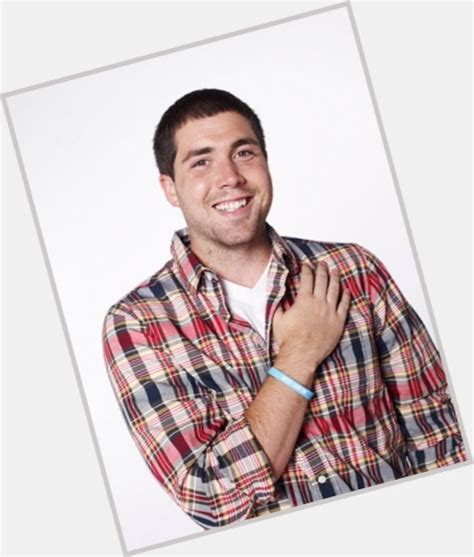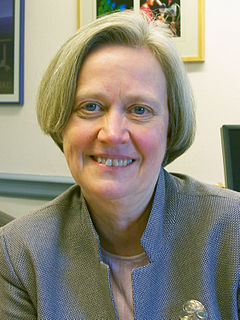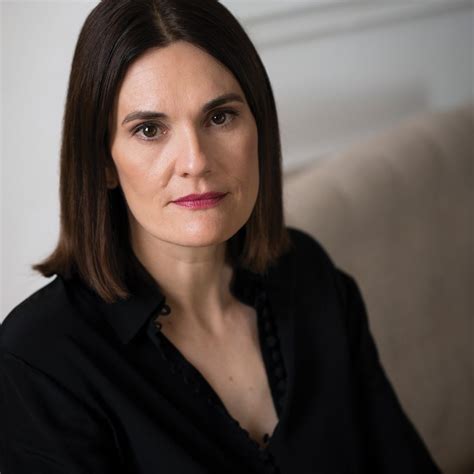A Quote by Eric Jay Beck
At either end of the social spectrum there lies a leisure class.
Related Quotes
I have often thought of doing a story with someone either as a human being or as a robot who, by a series of stages, changes into the other end of the spectrum. By the story's end, he'd be either totally robotic or totally human, the opposite of what he once was. And possibly... bring him back again.
When the ability to have movement across social class becomes virtually impossible, I think it is the beginning of the end of a country. And because education is so critical to success in this country, if we don't figure out a way to create greater mobility across social class, I do think it will be the beginning of the end.
We are social animals and we have a hierarachical and unequal society. It is a class society, and the class system creates and perpetuates the social role of consumption. We display our class membership and solidify our class positioning in large part through money, through what we have. Consumption is a way of verifying what you have and earn.
The dominant, almost general, idea of revolution - particularly the Socialist idea - is that revolution is a violent change of social conditions through which one social class, the working class, becomes dominant over another class, the capitalist class. It is the conception of a purely physical change, and as such it involves only political scene shifting and institutional rearrangements
It used to be that wealthy people were the leisure class, and having time off was a status symbol. That's switched now: being busy and overworked is the reality for many white-collar workers, and there's a kind of perverse currency to that, competitive busy-ness. At the other end of the income scale, there's a swath of lower-wage workers who are underemployed or unemployed, with too much unwanted leisure, and zero status for that. For shift workers, devices mean they're accessible in ways they weren't before, susceptible to that call from the boss to log more hours.




































